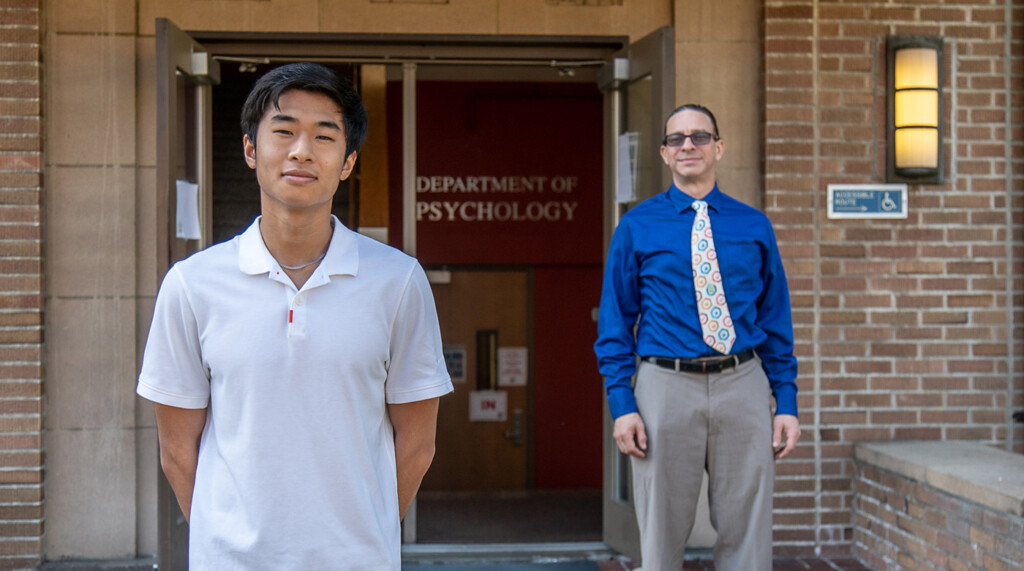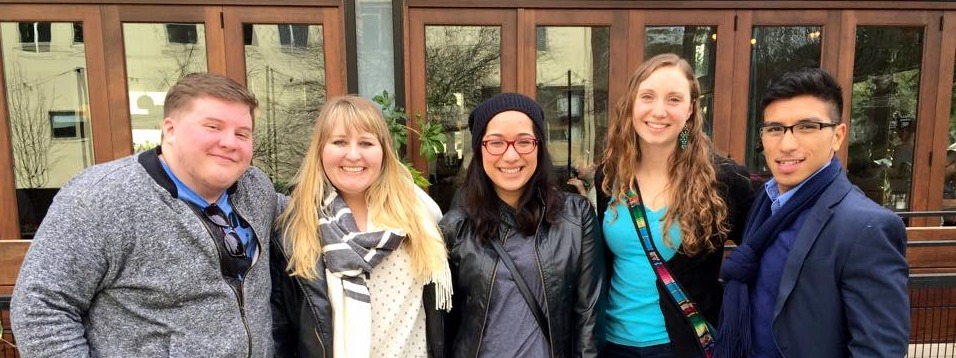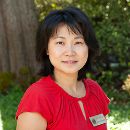Page 26 • (1,060 results in 0.226 seconds)
-

students are continuing work on a project through the Network for International Collaborative Exchange (NICE), researching attitudes, coping mechanisms, beliefs, and more surrounding COVID-19. Data from around the world collected in that study is now being analyzed and will be consolidated into a single dataset. “We’ll then begin our data analysis and a writeup this summer,” Cook said. All of these steps will involve collaboration between an international lead team of researchers.” Both professors not
-

, students are influenced by residential experiences, interactions with peers, and events and activities on campus. Do students of color feel like they belong at PLU? Data on retention and graduation show that students of color are less likely to return to PLU for a second year and less likely to graduate within four or six years. This is especially true for African-American, Asian-American and Native American students. One of the challenges in investigating these trends is the small number of students
-
BUSA 320: Accounting Information Systems and Data Analytics (4) BUSA 321: Intermediate Accounting I (4) BUSA 322: Intermediate Accounting II (4) BUSA 422: Advanced Accounting (4) BUSA 424: Auditing (4) BUSA 427: Tax Accounting (4) Recommended: BUSA 323: Cost Accounting and Control Systems (4) BUSA 423: Accounting for Nonprofits and Government Entities (4) Finance 20 semester hours BUSA 335: Investments and Portfolio Management (4) BUSA 337: International Finance and Risk Management (4) BUSA 437
-
impact the delivery of and access to social services; apply critical thinking to analyze, formulate, and advocate for policies that advance human rights and social, economic, and environmental justice.3. Upon completion of the social work program, students will be able to assess individuals, families, groups, organizations, and communities by collecting and organizing data and applying critical thinking to interpret data, applying knowledge of human behavior and the social environment and other
-
critically reflecting on individual and collective identity, exploring human systems, and examining power structures. Additionally, students will develop skills for active listening and communicating/collaborating across differences. Common texts and assignments will be made available, but are not required for the course. Ideally, the course will include some component of problem- or place-focused learning that will equip students with skills for exploring DJS in applied contexts. How will we motivate
-
bioinformatics. They are writing an algorithm that will take huge amounts of data on protein sequences and produce conclusions, notice patterns and speed up analysis for scientists to use. It is a little bit of biology, statistics, mathematics and computer science. One application of this research is more efficient pharmaceutical drug design. “This is the first time at PLU that computer science has attempted this kind of research,” Cao said. “It is very new and the experience can be used for other students
-

being an advocate for the Diversity Center, she saw an opportunity not only to bond with her friends, but to also be exposed to topics she never had a chance to learn in the small town where she grew up. “Getting to college, being exposed to history, and having to confront [not only] the material conditions for black, brown, and indigenous people in our country, but also the history of what our government has done and the way our systems and structures are still set up, is so important to what I do
-
raisonnable à croire que de croire une injustice.” In English: Madame Dupin; photo from Wiki Commons ``That women are inferior to men ...is more reasonable to believe than to believe (that there is) injustice.`` They chose these words because they conveyed Dupin’s incisive irony, and because they remain relevant today. For along the same lines, one could say that it is more “reasonable” to believe that poverty is the result of laziness than to consider the social, political, and economic structures that
-
different from each other. One (Tobago) held a focus on education, health, and social services, coupled with conversations about identity, race, and privilege. I spent time volunteering in an elementary school, specifically working with the “1st graders.” As the child of two public school educators, it made me think about the way that education is done differently around the world. Schools have different structures, curriculum varies depending on context, and classroom management and discipline are done
-

Qin Zhang, Ph.D. Associate Professor Phone: 253-535-7253 Email: zhangqc@plu.edu Office Location: Morken Center for Learning & Technology - 319 Curriculum Vitae: View my CV Professional Biography Education Ph.D., Marketing, Washington University in St. Louis M.S.B.A, Marketing, Washington University in St. Louis B.S., International Finance, Tsinghua University, China Areas of Emphasis or Expertise Retailing Basket Data Analysis Social Networks Social Media Promotions Dynamic Choice Modeling
Area of Emphasis/Expertise
Do you have any feedback for us? If so, feel free to use our Feedback Form.


